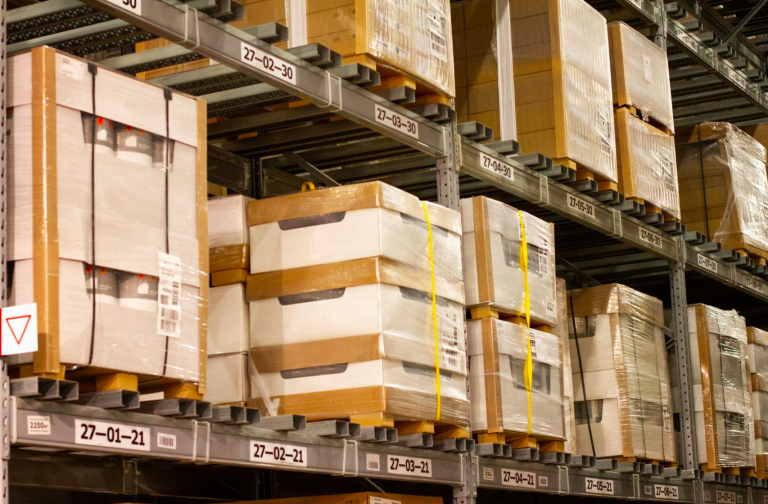How AI is Changing the Face of Retail Analytics
In today’s fast-paced retail environment, staying ahead of the competition is more challenging than ever. Enter Artificial Intelligence (AI) – a game-changer that’s reshaping how businesses understand and engage with their customers. But how exactly is AI transforming retail analytics? Let’s dive in! 😊
Table of Contents
1. Introduction to AI in Retail Analytics
2. Enhancing Customer Insights
3. Optimizing Inventory Management
4. Personalizing the Shopping Experience
5. Streamlining Operations
6. Conclusion
7. FAQs
Introduction to AI in Retail Analytics
AI isn’t just a buzzword; it’s a powerful tool that’s revolutionizing industries across the board. In retail, AI is particularly impactful in analytics, providing businesses with deeper insights into consumer behavior and trends. This technology helps retailers make data-driven decisions, ultimately enhancing customer satisfaction and boosting sales.
Enhancing Customer Insights
Imagine having a crystal ball that tells you exactly what your customers want. Well, AI doesn’t quite predict the future, but it’s pretty close! By analyzing vast amounts of data, AI can uncover patterns and preferences that were previously invisible. This means retailers can tailor their marketing strategies and product offerings to meet the exact needs of their audience, making customers feel understood and valued.
Optimizing Inventory Management
Inventory management can be a tricky business. Stock too much, and you risk wastage; stock too little, and you miss out on potential sales. AI helps retailers strike the perfect balance by predicting demand with remarkable accuracy. This ensures that shelves are stocked with the right products at the right time, reducing costs and increasing efficiency.
Personalizing the Shopping Experience
Personalization is no longer a luxury; it’s an expectation. AI enables retailers to offer a personalized shopping experience by analyzing customer data to recommend products that align with individual preferences. This not only enhances the shopping experience but also drives customer loyalty and repeat business. Who doesn’t love a shopping experience that feels tailor-made just for them? 🛍️
Streamlining Operations
AI isn’t just about customer-facing benefits; it also streamlines back-end operations. From optimizing supply chains to automating customer service, AI reduces manual labor and minimizes human error. This frees up time for employees to focus on more strategic tasks, ultimately improving the overall efficiency of the business.
Conclusion
AI is undeniably changing the face of retail analytics, offering unprecedented insights and efficiencies. By embracing this technology, retailers can not only meet but exceed customer expectations, ensuring their business thrives in an ever-competitive market. So why not hop on the AI train and watch your retail business soar? 🚀
FAQs
Q: How does AI improve sales predictions?
A: AI analyzes historical sales data and current market trends to predict future sales with high accuracy, helping retailers plan better.
Q: Can small retailers benefit from AI in analytics?
A: Absolutely! AI tools are scalable and can provide valuable insights to businesses of all sizes, helping small retailers compete with larger chains.
Q: What are some challenges of implementing AI in retail?
A: Some challenges include the initial cost of implementation, data privacy concerns, and the need for ongoing maintenance and updates.
Q: Is AI replacing human jobs in retail?
A: While AI automates certain tasks, it also creates new opportunities for employees to engage in more strategic and creative roles.
Q: How can I start integrating AI into my retail business?
A: Start by identifying key areas where AI can add value, such as inventory management or customer insights, and explore platforms that offer AI solutions tailored to your needs.


